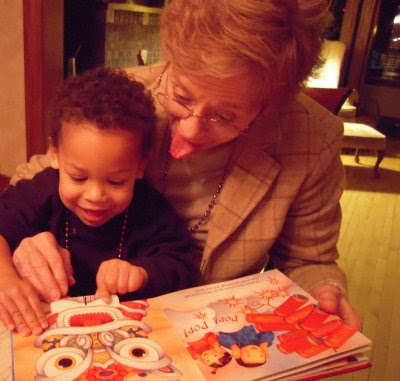
American-Lit.com was a project I developed over the summer of 1999 while in a Multimedia Production class at Harvard. (The Office of Career Services there paid for that class for me -- and provided me the time away from work -- so that I would have the knowledge I would need to revamp the office website.) I spent the class trying to think of ways to merge nascent web design with fiction (see Pulse) and the study of American literature. I really dug the class, and spent incredibly long hours in the media lab trying to teach myself Flash and Shockwave. I worked right through July 4th -- completely spacing out on dinner plans with my aunt and uncle.
Many of the students in that course were either foriegn nationals or art students, all of us somewhat older than typical college age, all of us working on multimedia projects. There were parties, some of them on rooftops or warehouses. A Cypriot gave me a can of Red Bull (newly available), complaining that it was weaker than the European version. Everybody was listening to the Buena Vista Social Club. The whole experience made me wonder whether I should have pursued an advanced degree in web design or web development rather than pretty-story writing.

It's kind of fun to see how nineties my little abandoned web project looks these days, framed for giant boxy monitors and laid out with old skool html skillz. I had high hopes that the site would grow and get contributions from folks around the nation. I worked really hard on making the logo look type-written and Liquid Paper'd, and I worked tremendously hard on a cartoon about Marianne Moore and the Edsel that seems to no longer be functional. And it's all been just sitting out there for nearly a decade. There's also a comic strip about O. Henry and short short stories/ mini-biographies about Philip K. Dick and Sherwood Anderson. (It seems the actual domain name off http://www.american-lit.com/ no longer belongs to me -- I think I only bought a liscence for three years -- but the content seems to be housed on some Mac mainframe somewhere out there...)
Good speed into e-blivion, American-lit! Two thousand zero zero, party over, oops, out of time.

























